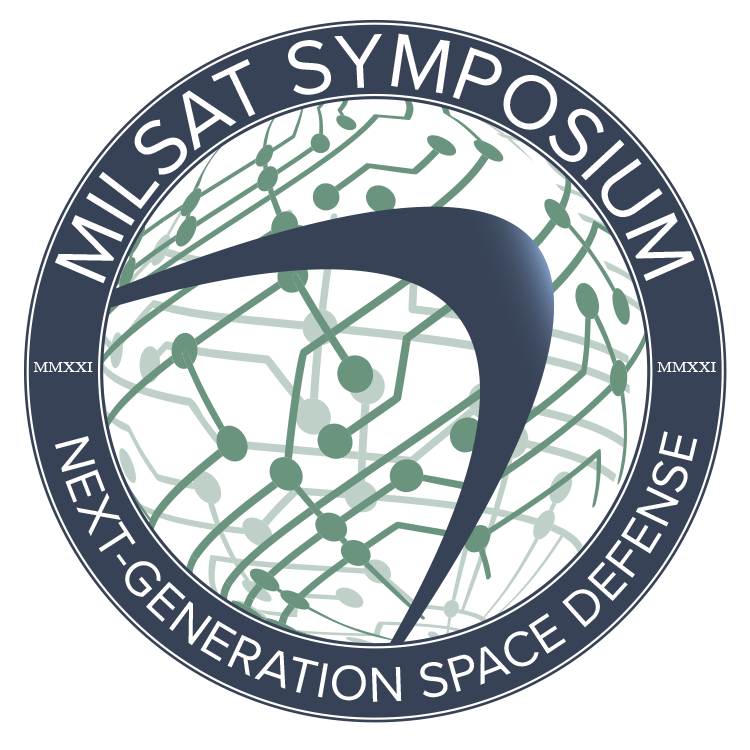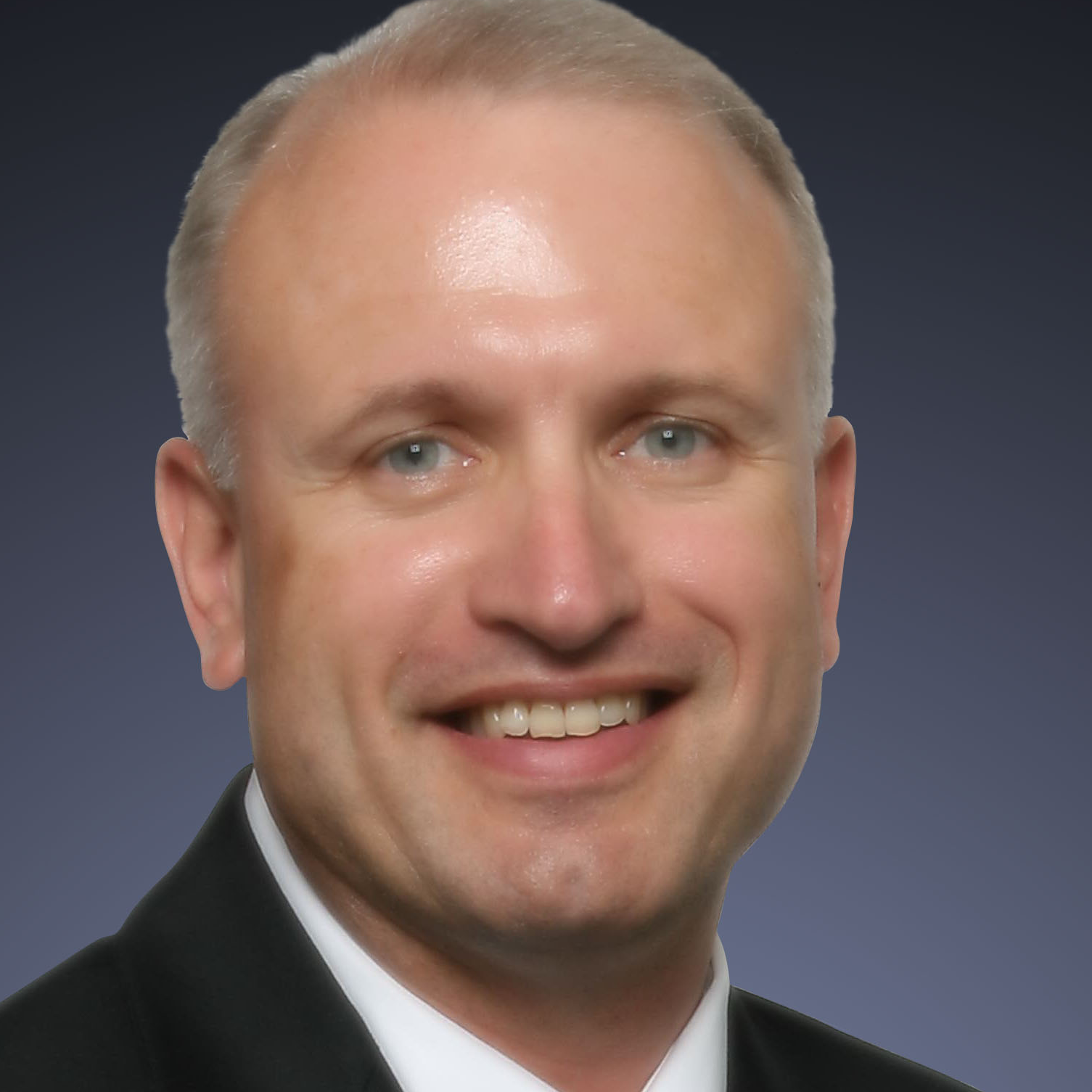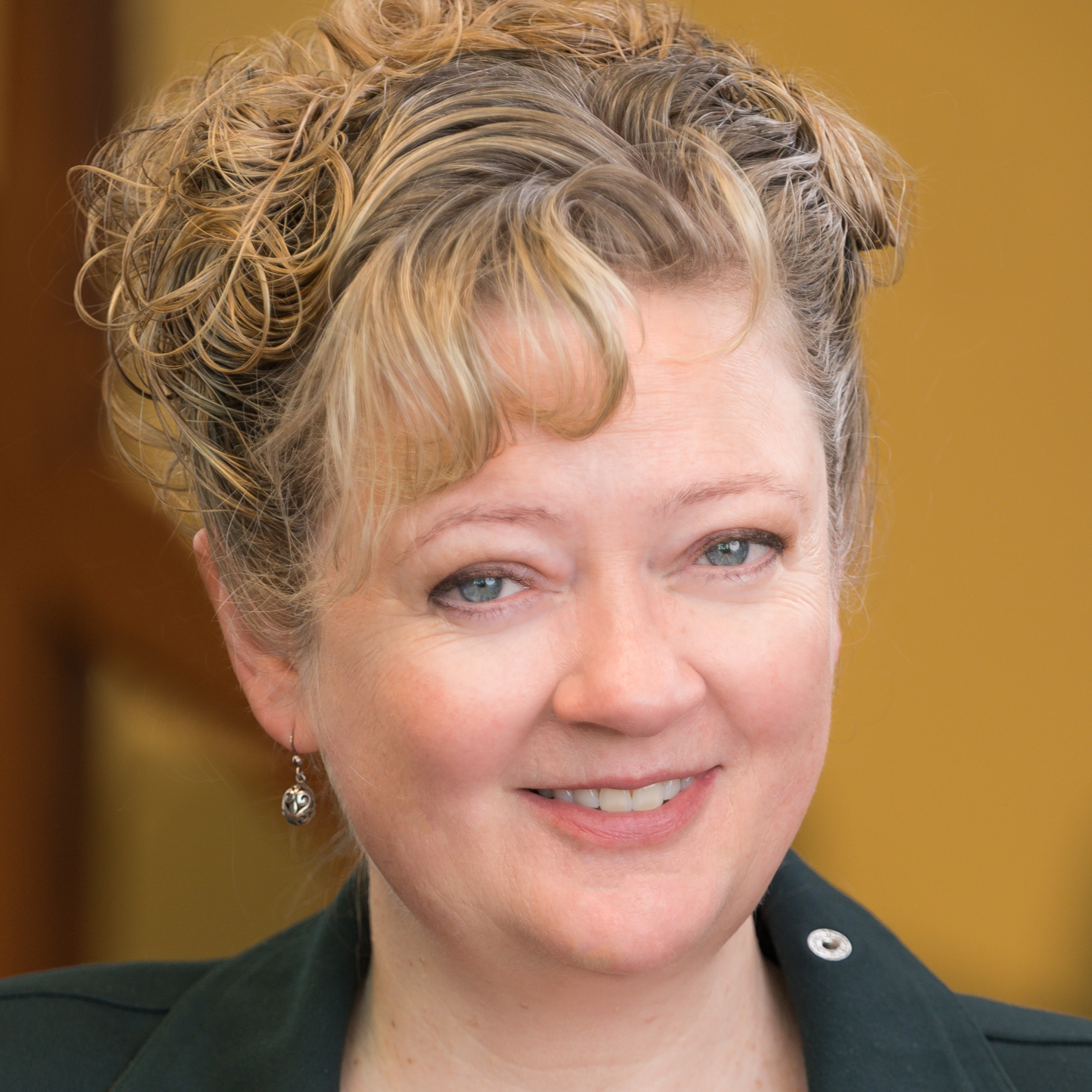

During the last five years, $11 billion of private capital has been invested in commercial space technology companies whose most promising end-users were US government agencies or missions. This panel will discuss what National Defense Space programs were funded in 2020 by the DoD. Of particular interest will be the departments involved and what new technologies where implemented. Next would be a discussion on what is thought will go forward in 2021/2022 as well as the different vehicles we are seeing out there for the small and large – launches, satellites, services, etc.
 Tom Stroup
Tom Stroup
As President of SIA, Tom Stroup is the trade association’s lead advocate for regulatory and policy issues of critical importance to SIA’s membership, including spectrum and licensing issues, defense and public safety matters, and export control and international trade issues. He also manages the day-to-day operations of SIA, including member communications, staff leadership and organization of SIA sponsored events.
Prior to joining SIA, Mr. Stroup was with Shared Spectrum Company (SSC), a leading developer of spectrum intelligence technologies, where he served as CEO. For more than a decade, he served as the President of the Personal Communications Industry Association (PCIA). Previous to his position at SSC, he founded and ran several companies in the technology industry, including Columbia Spectrum Management, P-Com Network Services, CSM Wireless, and SquareLoop.
Mr. Stroup holds a BS, summa cum laude, in Public Administration from the University of North Dakota. He is also a graduate of Georgetown University Law Center where he served as Editor of the Georgetown Law Journal.
 Gus Anderson, Colonel (Ret.), US Army
Gus Anderson, Colonel (Ret.), US Army
Gus Anderson served in the U.S. Army for 29 years as a Telecommunications Corps officer. During that period he commanded numerous tactical and strategic communications organizations, to include the 509th Signal Battalion, Vicenza, Italy, and the Regional Signal Group SHAPE, NATO HQ (Belgium). During his military career he also served as an Associate Professor of Philosophy at the United States Military Academy, and as the military speechwriter for two Secretaries of Defense. He retired as a Colonel in 2008.
Currently Gus Anderson leads DRS’ Global Enterprise Solutions (GES) business development organization. Gus has been with DRS for 10 years. His initial assignments were as a program manager, overseeing satellite networks supporting NATO forces in the Balkans; Coalition forces in Iraq and Afghanistan; and networks supporting other U.S. Federal and International agencies. In the past several years, Gus’ efforts have turned to business development, helping grow customer and market understanding of DRS’ Information and Communications Technology Ecosystem – a global network that provides secure managed satellite and terrestrial services to major DoD, US Federal, and international agencies.
 Brigadier General Steve Butow
Brigadier General Steve Butow
Steve “Bucky” Butow is the Director of the Space Portfolio at the Defense Innovation Unit (DIU). He joined the team in 2015 as an early plank owner when DIU was known as the Defense Innovation Unit Experimental (DIUx) and helped establish the organization’s operating locations in Silicon Valley; Boston, Massachusetts; and Austin, Texas.
Prior to joining DIU, Butow was the Vice Chief of the Joint Staff, California Military Department with responsibilities including cybersecurity, incident awareness and innovation. He is a former Commander of the 129th Rescue Wing at Moffett Federal Airfield, CA, where his responsibilities included organizing, training, equipping, and maintaining 970 combat-ready forces and $1 Billion dollars of MC-130P aircraft, HH-60G
helicopters and special mission equipment supporting the U.S. Air Force’s combat rescue and personnel recovery missions. He has additionally served as the Deputy Director of the Joint Search and Rescue Center for U.S. Central Command in 2005, and as Chief of Personnel Recovery for U.S. Air Forces Central in 2007 supporting Operations IRAQI and ENDURING FREEDOM. He has more than 3,500 flying hours in T-37, T-38, C-130, HC-130 and MC-130P aircraft. In his reserve capacity, Butow is a Brigadier General serving part time as a Special Assistant to the Director, Air National Guard in a federal status.
As a researcher with the Search for Extraterrestrial Intelligence (SETI) Institute, Butow worked on instrument concepts for Mars surface soil analysis at NASA Ames Research Center in Mountain View, CA. He later served as co-principal investigator for a series of airborne science missions for which he was recognized for outstanding achievement and contributions to the Space Science Division in 1999 and received an Ames Honor Award as a member of an Astrobiology Mission Project Team in 2000.
Butow graduated from San Jose State University with a B.A. in Physics & Astronomy and earned a M.S. in Management with specialization in Air and Space Strategic Studies from the University of Maryland. He has also completed executive courses at Harvard’s John F. Kennedy School of Government, and was a member of the National Leadership Preparedness Initiative (NPLI) Cohort 16. Butow is a lifetime member of the Honor Society of Phi Kappa Phi for academic achievement.
 Karen Emery
Karen Emery
Karen Emery serves as Sr. Director of Product Management for iDirect Government. In this role, she seeks to anticipate customer needs and drive the product strategy, development, and timely launch of new capabilities. She is fascinated by the intersection of innovation and effective problem solving, and she and her team are always interested in learning more about the customer experience. She has more than 20 years in product engineering, design and management, as well as operations experience.
Emery has a master’s degree in business administration from the University of Michigan’s Stephen M. Ross School of Business, Ann Arbor, and a bachelor’s degree in electrical engineering from Harvard University, Cambridge, Mass.
 Jiral Shah
Jiral Shah
Jiral Shah is the Deputy Chief of the Enhanced Mobile Satellite Services (EMSS) Program Office within the Commercial Satellite Communications (COMSATCOM) Office, assigned to Headquarters United States Space Force, Washington, D.C. He is responsible for delivering COMSATCOM capabilities to support the joint warfighter, federal agencies and international partners. He is known for leading technical and programmatic teams focusing on service delivery, innovative technologies, and developing complex business models.
EMSS is an $800 million global satellite program that provides the Department of Defense, federal and coalition partners with unlimited access to the commercial Iridium constellation, a mesh-network of 66 on-orbit cross-linked satellites, through a dedicated, EMSS controlled gateway.
Prior to this role, Mr. Shah was a lead test engineer at US Army’s Combat Capabilities Development Command C5ISR Center, formerly the Communications-Electronics RD&E Center (CERDEC) at Aberdeen Proving Ground, Maryland. In this role, Mr. Shah lead teams to evaluate and deploy Army’s future portfolio of software defined radios. Additionally, Mr. Shah evaluated SATCOM terminals and modems for Wideband Global SATCOM (WGS) certification at the Joint SATCOM Engineering Center (JSEC).
Mr. Shah is a proud veteran of the US Army, where he served as a radio communications engineer.
Mr. Shah has a Masters Degree in Space Systems Engineering from the Johns Hopkins University in Baltimore, Maryland; and he earned his Bachelor’s Degree in Electrical and Biomedical Engineering from The George Washington University in Washington, D.C..